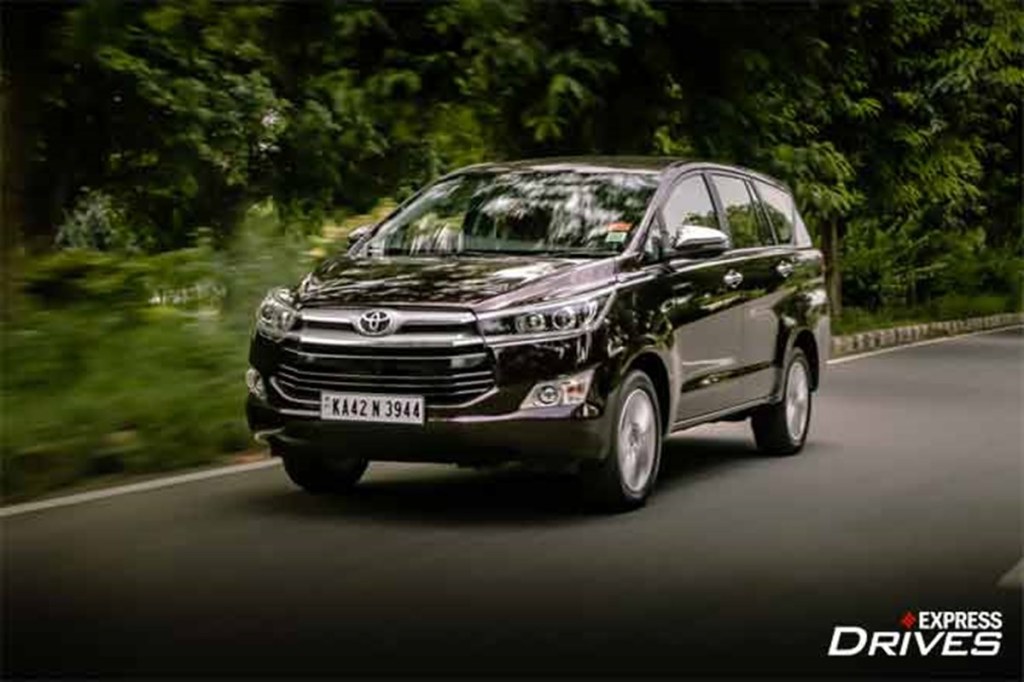The sales share of diesel engine passenger vehicles (PVs) has dropped to its lowest in recent history — as per data provided by the Society of Indian Automobile Manufacturers (SIAM). In the April-October 2020 period, diesel PVs formed just 17% of total sales, down by half compared to the same period last year (33%). The drop is especially stark in hatchbacks and sedans (just 2% of total sales, down from 14%), and in vans (4%, down from 13%). It is only in the utility vehicles (SUVs plus MPVs) space where diesel still has a good demand (43%, but down from 71%). Overall, the sales share of diesel PVs has reduced from 40% in both FY17 and FY18, to 36% in FY19 and 29% in FY20. Analysts argue it was bound to happen, due to the decreasing fuel price gap between diesel and petrol, carmakers pulling out diesel models with the shift to BS6 emission norms from April 2020 onwards, and petrol cars getting more fuel efficient.
Som Kapoor, partner, automotive sector, EY India, said in addition to above-mentioned reasons, policies such as 10-year-only registration of diesel cars in Delhi NCR (compared to 15 years for petrol) have contributed to customers shifting to petrol PVs. Such policies, he added, impact the resale value of diesel PVs — not only of those sold in the Delhi market (biggest in India) but also of those in nearby states. Earlier, when the fuel price gap between diesel and petrol was substantial, buyers preferred diesel PVs even on an average of `1 lakh premium (diesel PVs are more fuel efficient than petrol). In May 2012, for instance, the retail selling price of petrol in Delhi was `73.18, while that of the diesel was `40.90 (as per data by PRS Legislative Research), but that difference of `33 has now been reduced to about `10 (data for Delhi by Indian Oil).




“While earlier buyers also preferred diesel due to its higher torque — or pulling power and hence more fun-to-drive character — new petrol vehicles, especially turbocharged petrol, are almost as powerful and as fuel efficient,” said Kapoor. “Customers now understand that the total cost of ownership (TCO) of petrol cars is lower for, say, a five-year period or even a 10-year period.” Sanjeev Garg, practice leader, automotive, Praxis Global Alliance, attributes four reasons for the decline in diesel PV sales. “One, diesel-petrol price gap has reduced vastly. Two, according to NGT’s regulations, registration of petrol cars is for 15 years while for diesel cars it is 10 years in Delhi NCR, negatively impacting the latter’s resale value. Three, diesel cars are `1-2 lakh more expensive than petrol, and outside of commercial applications if you don’t drive 30,000-35,000 km a year, diesel doesn’t make sense. Most importantly, Maruti Suzuki, which holds 50-55% of share in the Indian PV market, has stopped selling diesel cars.”
According to Gaurav Vangaal, associate director, IHS Markit, the biggest reason for this steep fall is a lot of diesel car models vanishing from the market post-BS6. “Models such as Maruti Suzuki Vitara Brezza and S-Cross, which were available only in diesel, are now available only in petrol; even the Dzire —India’s largest selling car on and off — had almost 50% diesel sales, and it’s also now available only in petrol,” he said. With Maruti Suzuki announcing last year it would exit the diesel market, others too followed suit, including Renault and Volkswagen, and companies such as Tata Motors pulled the plug on smaller diesel engines (such as those powering its small cars Tiago and Tigor).
Going forward, analysts say the overall share of diesel in PVs will keep reducing, but it may remain the fuel of choice in bigger SUVs. “In bigger SUVs, the economic advantage of a diesel is still there, and consumers consider another parameter, which is the torque and higher power provided by the diesel engine, because these SUVs are heavier,” noted Rajeev Singh, partner and leader, Automotive, Deloitte India.




















